The last stand for the moderate Democrats
What the resurgence of Mayor Pete means for the 2020 race
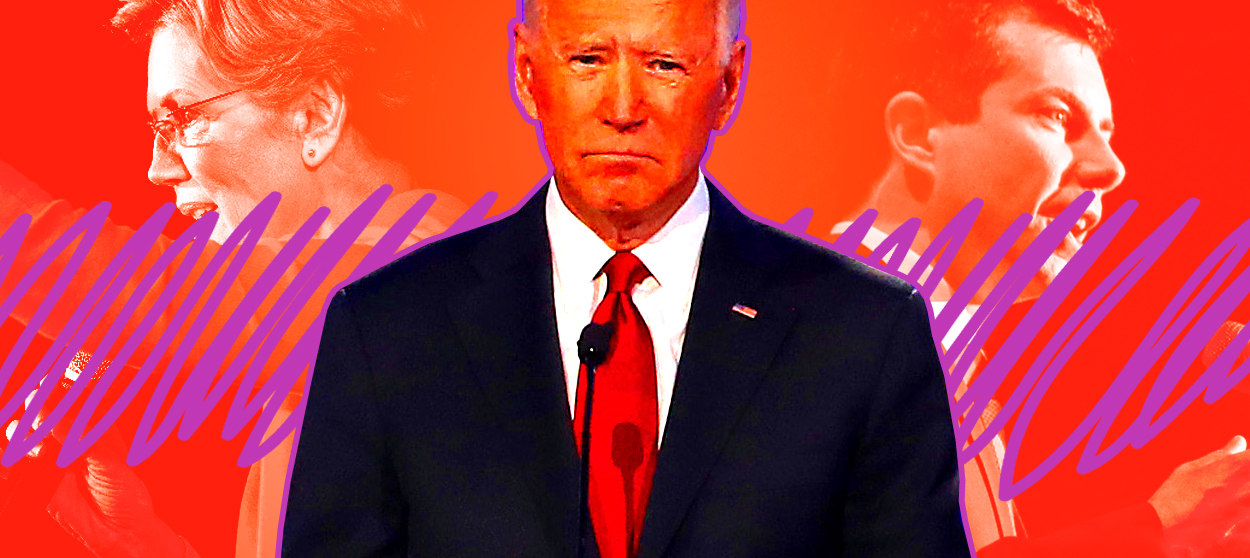

Last weekend, left-wing activists and mainstream media outlets lavished attention on an event in New York City at which the most left-leaning freshman member of Congress (Alexandria Ocasio-Cortez) endorsed the campaign of the most left-leaning candidate currently running for president (Vermont Sen. Bernie Sanders). But the bigger story in Democratic Party politics over the past week may well be the surge in support for South Bend, Indiana, Mayor Pete Buttigieg in the wake of a strong performance at the Westerville, Ohio, debate on Tuesday night.
Democrats are in the midst of a far-reaching argument about the party's future, and specifically about how to go about trying to unseat President Trump in 2020. On one side is former Vice President Joe Biden — verbally challenged, prone to awkward gaffes, but heir to all the good feelings of the Obama era and unapologetically promising a restoration of the party's center-left establishment. On the other side stands Sanders and Sen. Elizabeth Warren (Mass.), left-wing populists who promise to tear up the playbook used by the party since 1992 in favor of ambitious new programs costing many trillions of dollars.
Aside from a brief moment a couple of weeks ago when a handful of polls showed Warren in the lead, Biden has been solidly ahead since he jumped into the race last spring. But when support for the populists is combined, the left currently pulls in around 38 percent, a full 9 points higher than the more moderate alternative.
Subscribe to The Week
Escape your echo chamber. Get the facts behind the news, plus analysis from multiple perspectives.

Sign up for The Week's Free Newsletters
From our morning news briefing to a weekly Good News Newsletter, get the best of The Week delivered directly to your inbox.
From our morning news briefing to a weekly Good News Newsletter, get the best of The Week delivered directly to your inbox.
That would seem to indicate that the democratic socialists hold the edge and are being deprived of the polling lead only because they're splitting the left's support. But the combined tally for Biden, Warren, and Sanders adds up to just 68 percent. That leaves more than 30 percentage points up for grabs, either attached to low-achieving candidates or undecided — which means we have no idea which way the party will go.
Until recently, looking to other candidates hasn't been very helpful. On a smaller scale, the second-tier dynamic has somewhat resembled what took place during the GOP primaries of 2012, when a series of alternatives to the frontrunner (Mitt Romney) surged and then collapsed: Michele Bachmann, Rick Perry, Herman Cain, Newt Gingrich, and Rick Santorum.
In the current Democratic race, former Texas Rep. Beto O'Rourke started out with a relatively strong 7-9 percent showing before dropping to the low single digits and contenting himself with impotent expressions of Peak Wokeness. California Sen. Kamala Harris has surged twice, briefly reaching the mid-teens this past July after she attacked Biden on race in a late June debate, but has subsequently faded.
And then there's Mayor Pete. He came out of nowhere last February and by May he was polling as high as 8 percent. Then he receded somewhat, staying higher than the dozen or so candidates barely scraping by with 2 percent or less but never really challenging the top 3.
At least until now.
A USA Today/Suffolk poll of Iowa taken in the days since last week's debate contains a lot of intriguing findings. For one thing, it shows that since July, Harris has fallen to 3 percent, a 13-point collapse. It also shows a less drastic but still significant drop of 6 points (to 18 percent) for Biden, who leads the state over Warren (who has gone up by 4 points over the past three months) by just 1 point.
And then there's Buttigieg, who has surged 7 points up to 13 percent and third place. That's 4 points ahead of Sanders, who remains stalled at 9 percent.
If this poll had appeared in isolation, it would make sense to treat it as an outlier. But it follows a debate where Buttigieg, like Minnesota Sen. Amy Klobuchar, made a strong play for the center — pushing back hard on O'Rourke's advocacy of gun confiscation, demanding more information from Warren and Sanders on their plans for Medicare-for-all, and speaking out passionately against Trump's withdrawal of troops from eastern Syria (while making sure that audiences learned that he's a former Naval intelligence officer who served in Afghanistan). It was a breakout moment for Buttigieg, and one that appears to be paying electoral dividends in the state that holds the first caucuses next February.
Will Buttigieg be able to build on this bit of momentum as he moves toward the next debate (scheduled to take place on Nov. 20 in Georgia)? There's no way to know yet. But one additional finding from this latest Iowa poll contains additional ground for him (and others) to hope: Even with well over a dozen candidates still in the race, a grand total of 29 percent of respondents claim to be undecided. That this number has risen by 8 points since July, as potential voters have learned more about the available options, is a sign that significant numbers of Democrats are dissatisfied with their options.
That's where Buttigieg has his biggest opening. With Warren and Sanders contending for dominance of the left lane in the race, Buttigieg is now very well positioned to become the center-left's alternative to Biden. That could portend a four-way race among two left-populists and two centrist Democrats going into the primaries.
It would be the last stand for the moderate Democrats — a final effort to prevent the party from being commandeered by the left before heading off to battle against Trump in the general election. A Buttigieg surge would be an indication that the party's moderates are neither ready to fall in behind Biden nor prepared to accept the inevitability of Sanders' “political revolution” or Warren's laundry list of big government projects.
And that means it would also be a powerful sign that, heading into their contest to deny President Trump a second term, the Democrats are deeply divided.
Sign up for Today's Best Articles in your inbox
A free daily email with the biggest news stories of the day – and the best features from TheWeek.com
Damon Linker is a senior correspondent at TheWeek.com. He is also a former contributing editor at The New Republic and the author of The Theocons and The Religious Test.
-
 What does 'conquering' Gaza mean to Israel?
What does 'conquering' Gaza mean to Israel?Today's Big Question Benjamin Netanyahu's cabinet has approved a plan to displace much of the Palestinian population while seizing and occupying the territory on a long-term basis.
-
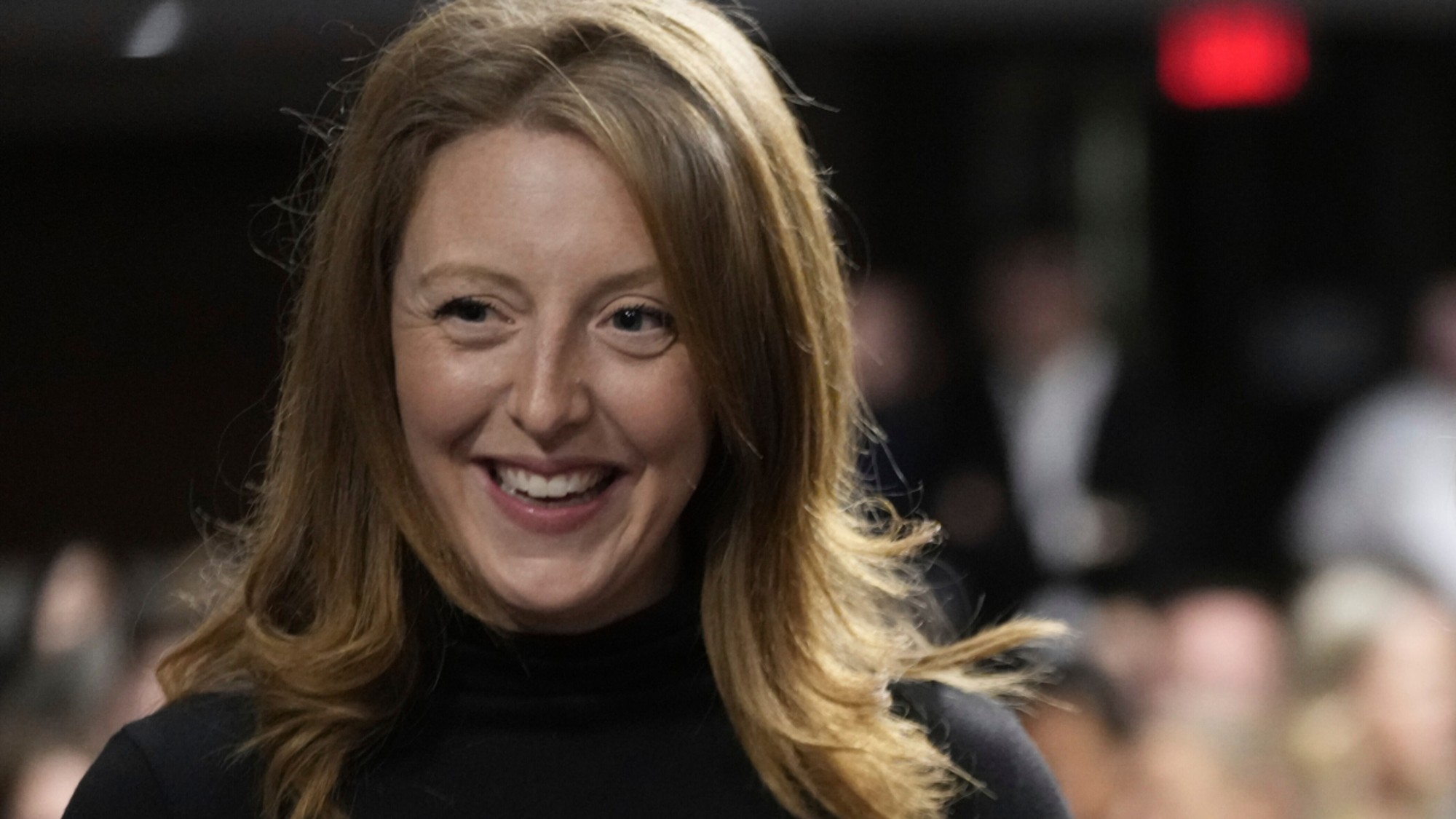 Casey Means: the controversial 'wellness influencer' nominated for surgeon general
Casey Means: the controversial 'wellness influencer' nominated for surgeon generalIn the Spotlight Means has drawn controversy for her closeness to RFK Jr.
-
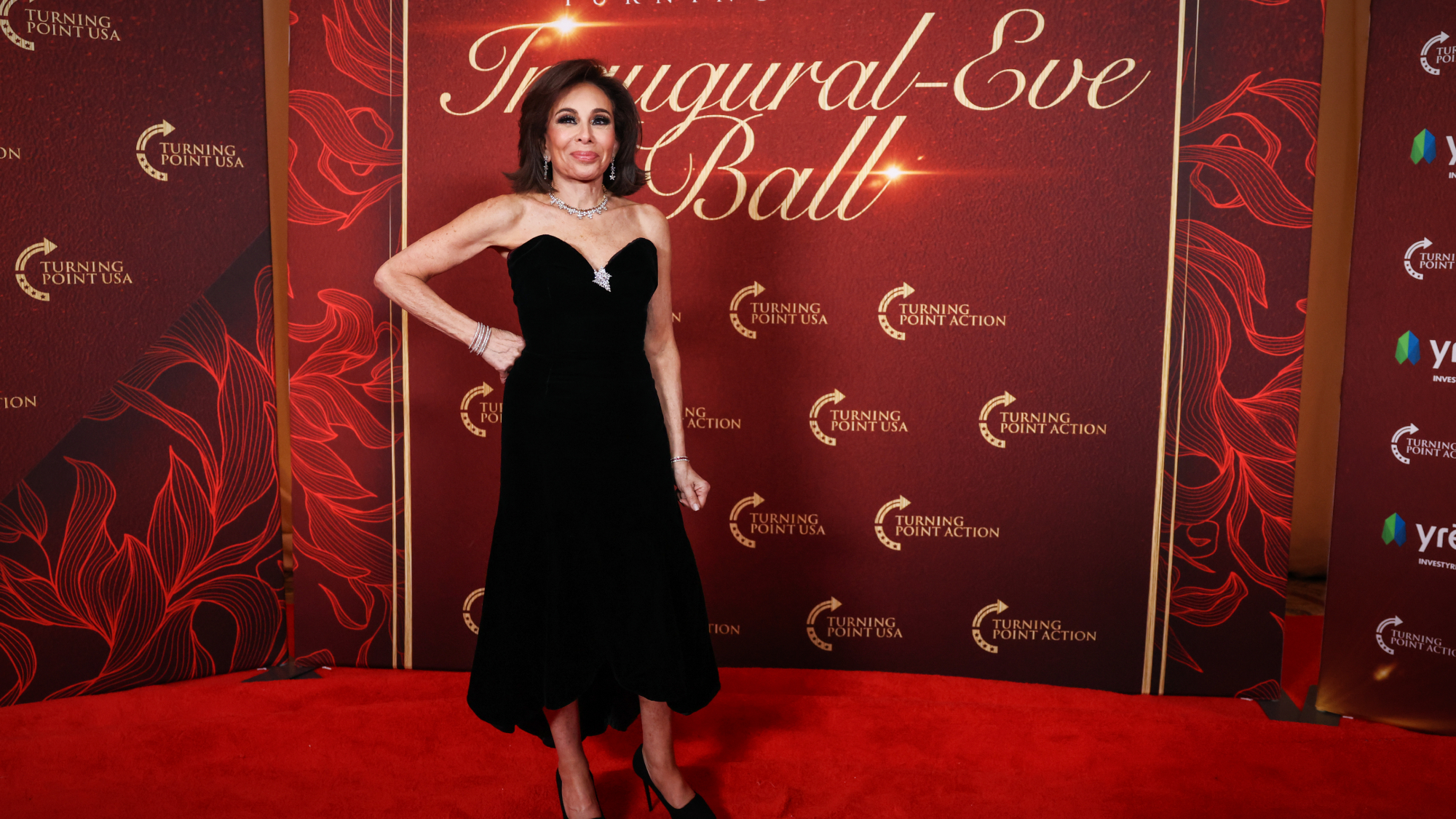 Trump taps Fox News' Pirro for DC attorney post
Trump taps Fox News' Pirro for DC attorney postspeed read The president has named Fox News host Jeanine Pirro to be the top federal prosecutor for Washington, replacing acting US Attorney Ed Martin
-
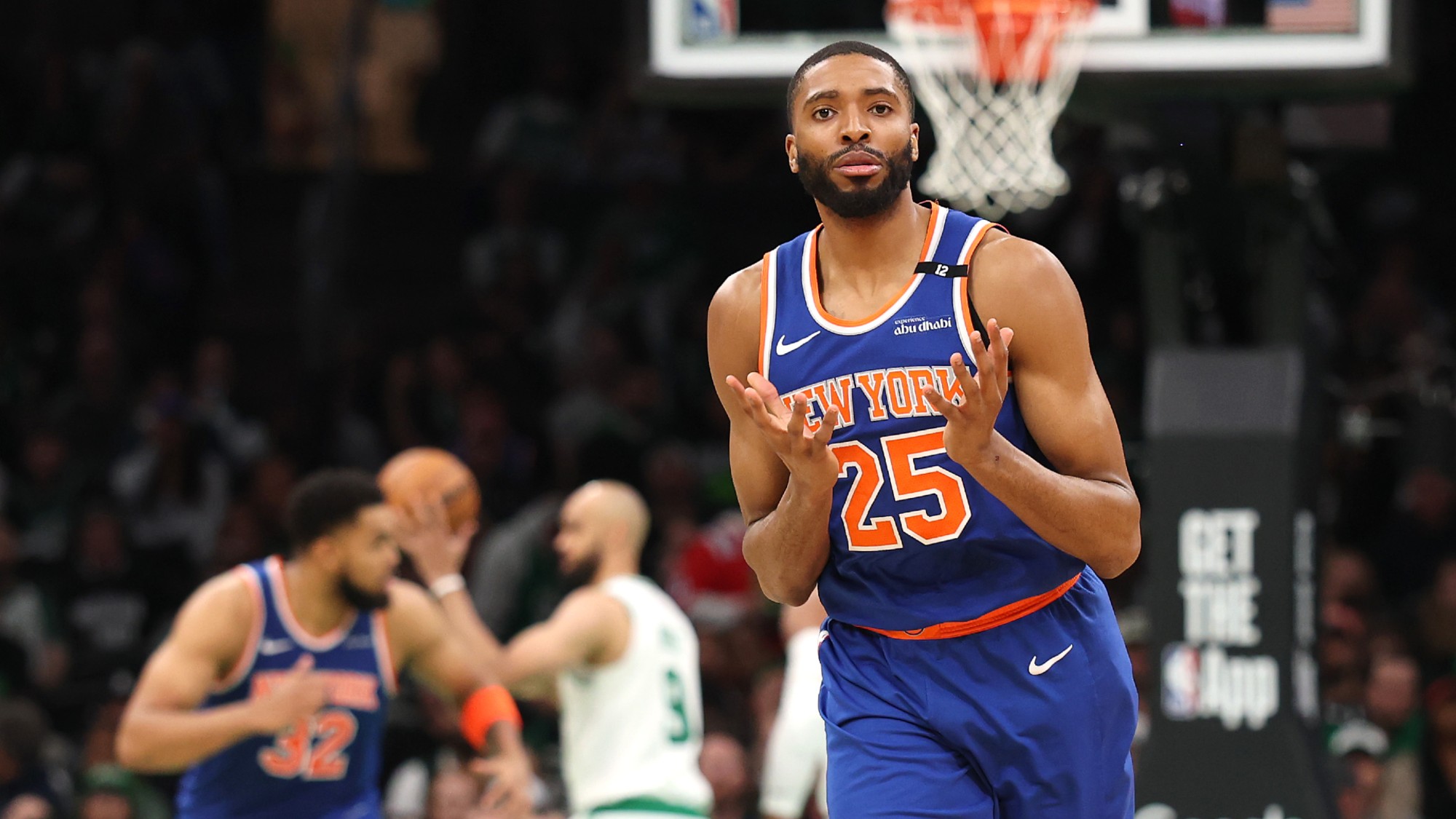 'You might be surprised by how much you find yourself cheering for them'
'You might be surprised by how much you find yourself cheering for them'Instant Opinion Opinion, comment and editorials of the day
-
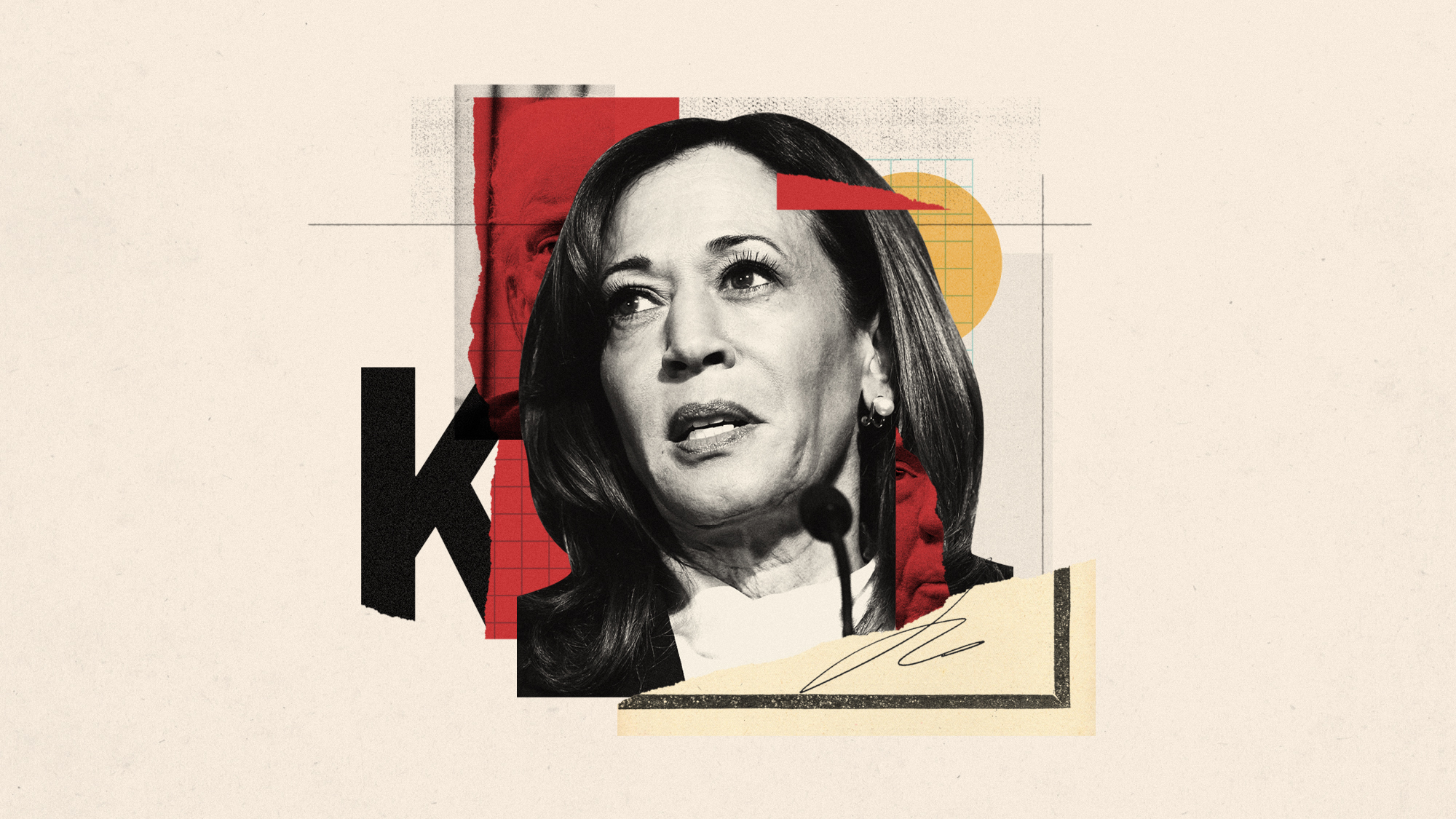 Kamala Harris steps back on center stage
Kamala Harris steps back on center stageIN THE SPOTLIGHT In her first major speech since Donald Trump took office, the former presidential candidate took solid aim at this administration as speculation grows about her future
-
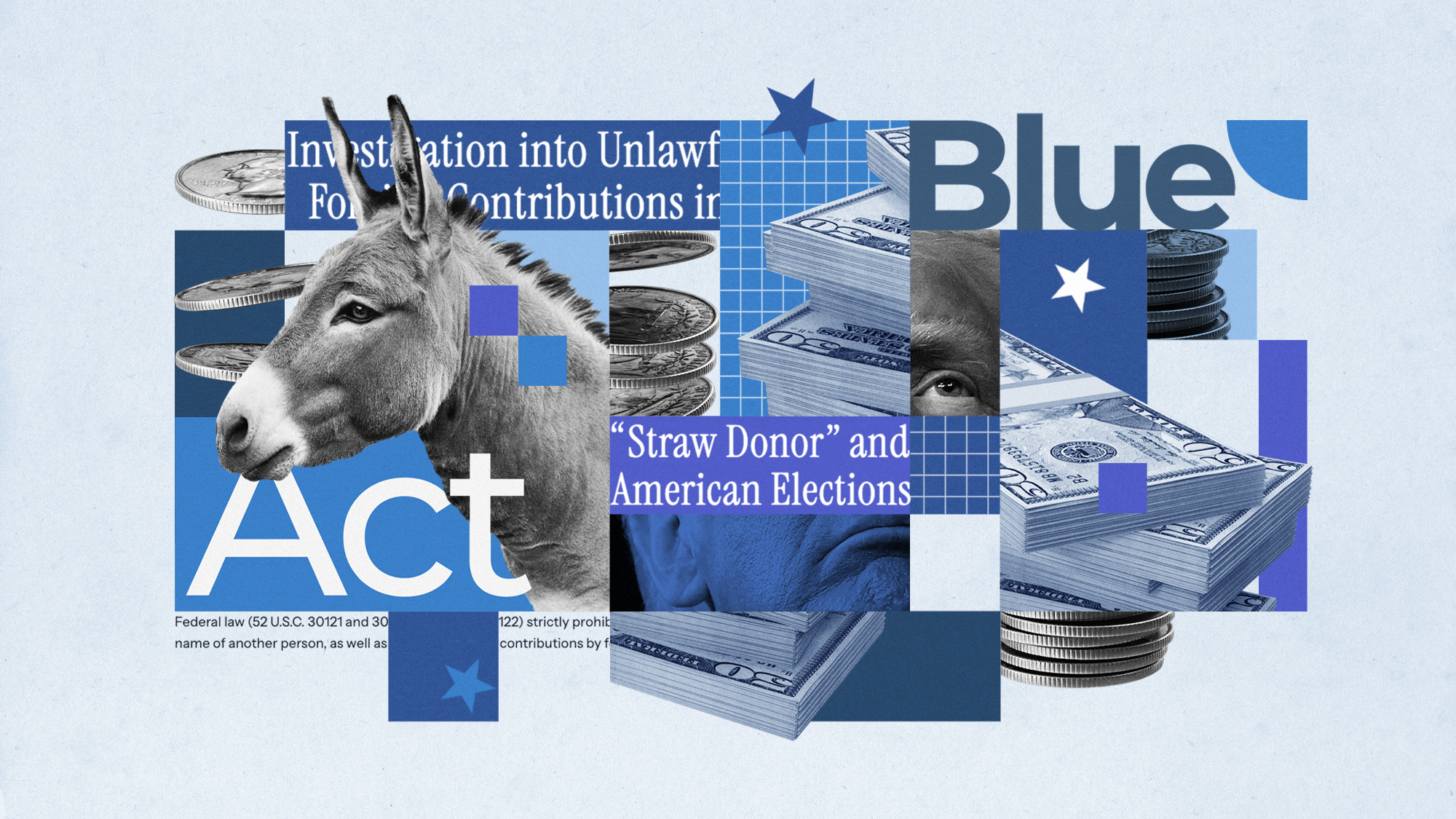 How might Democratic fundraising survive Trump's ActBlue investigation?
How might Democratic fundraising survive Trump's ActBlue investigation?Today's Big Question Critics say the president is weaponizing the Justice Department
-
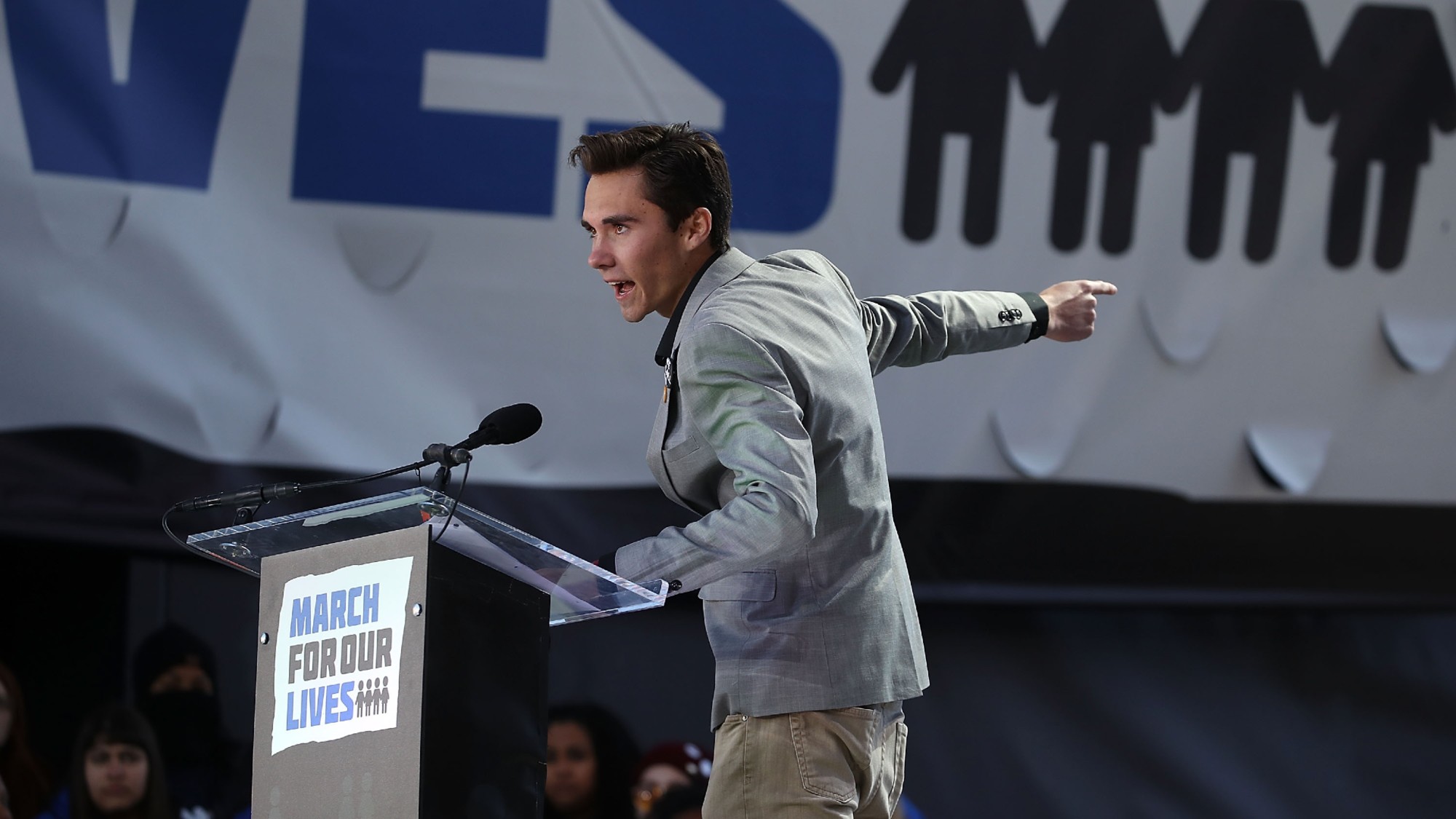 David Hogg challenges Democrats' 'ineffective' old guard
David Hogg challenges Democrats' 'ineffective' old guardTalking Points He plans to fund primary challenges to Democratic incumbents
-
 With Dick Durbin's retirement, where do Democrats go from here?
With Dick Durbin's retirement, where do Democrats go from here?TODAY'S BIG QUESTION The number two Senate Democrat's pending departure is a pivotal moment for a party looking for leadership in the second Trump administration
-
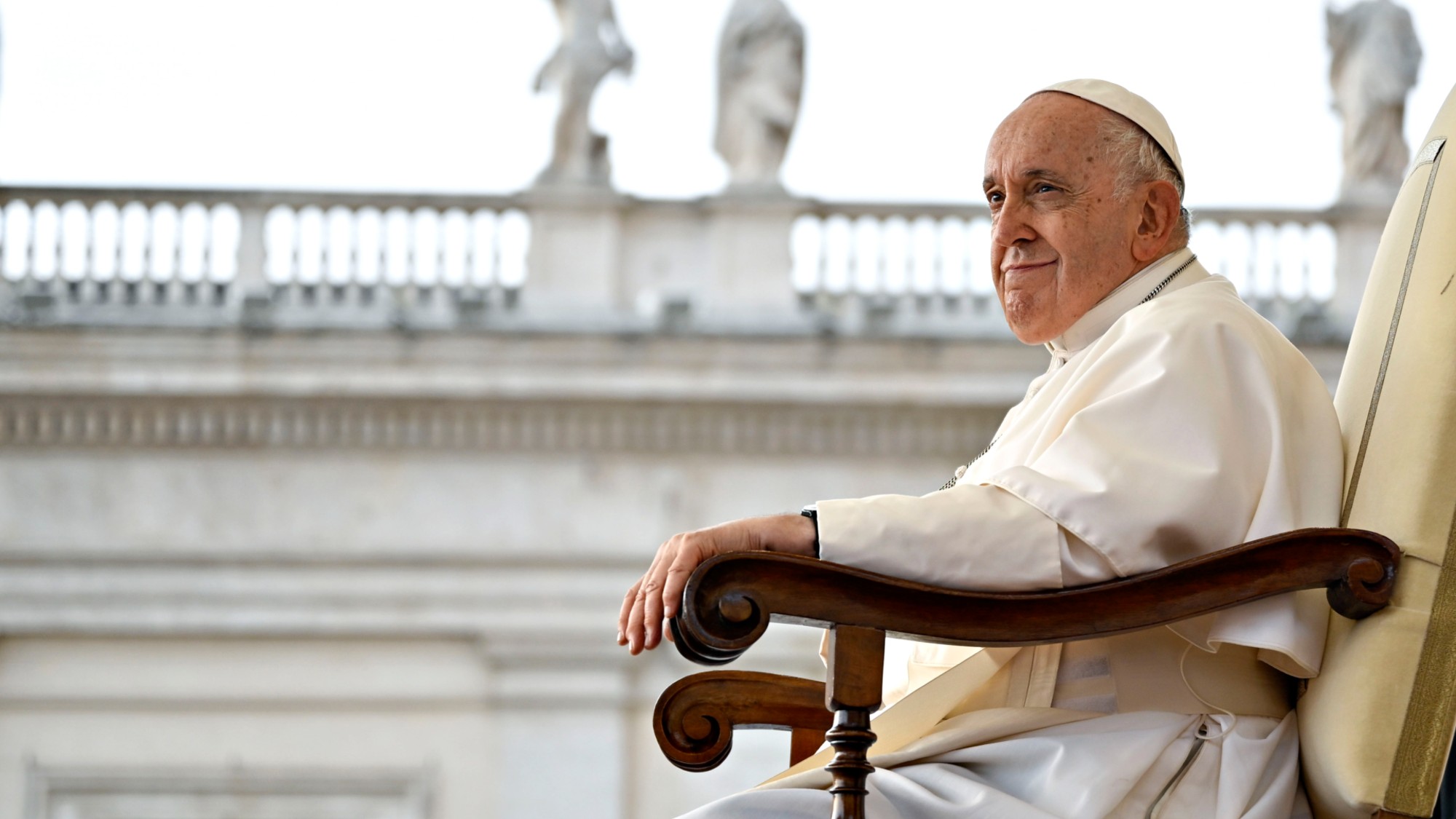 'From his election as pope in 2013, Francis sought to reform'
'From his election as pope in 2013, Francis sought to reform'Instant Opinion Opinion, comment and editorials of the day
-
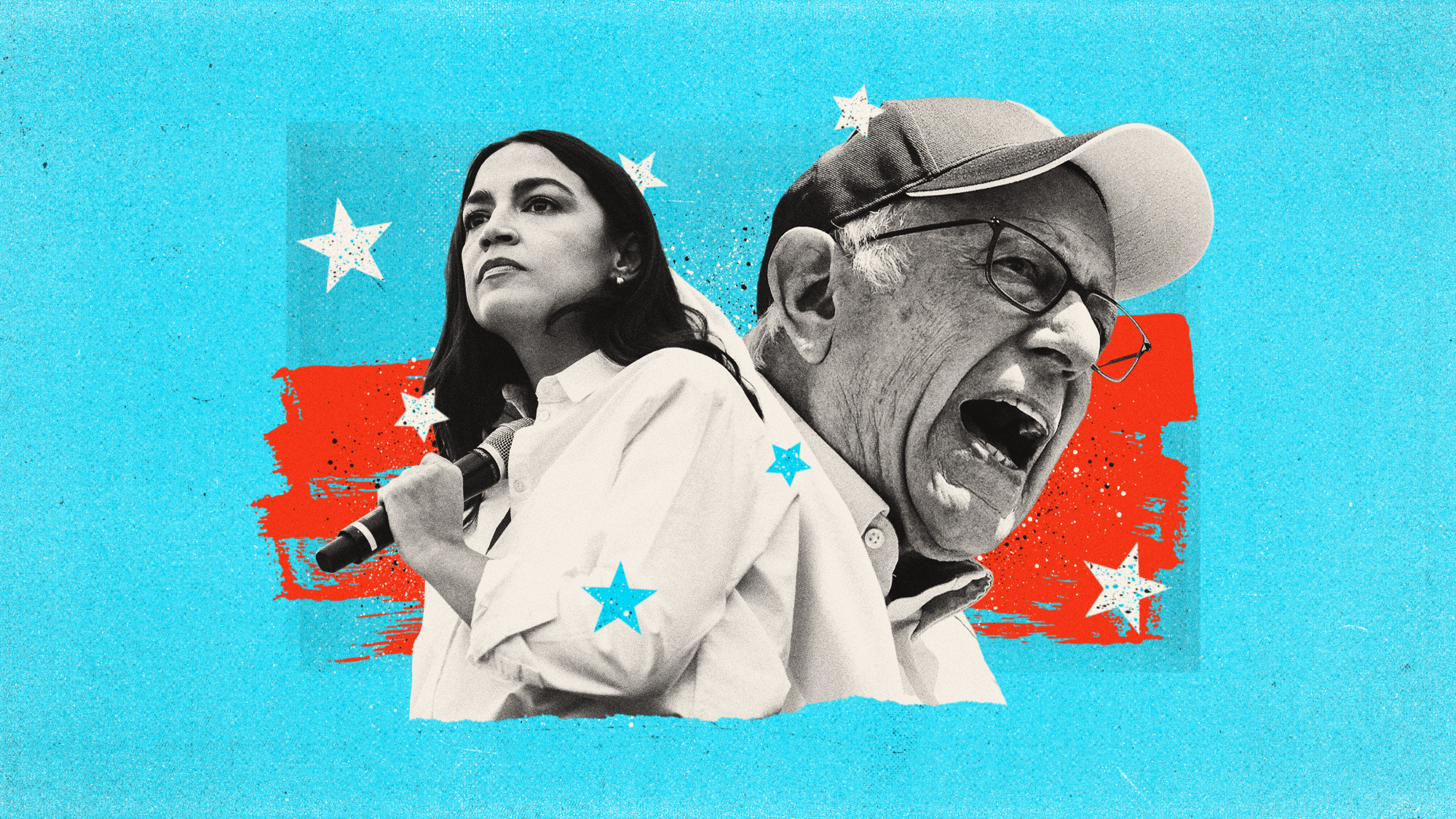 The anger fueling the Bernie Sanders and Alexandria Ocasio-Cortez barnstorming tour
The anger fueling the Bernie Sanders and Alexandria Ocasio-Cortez barnstorming tourTalking Points The duo is drawing big anti-Trump crowds in red states
-
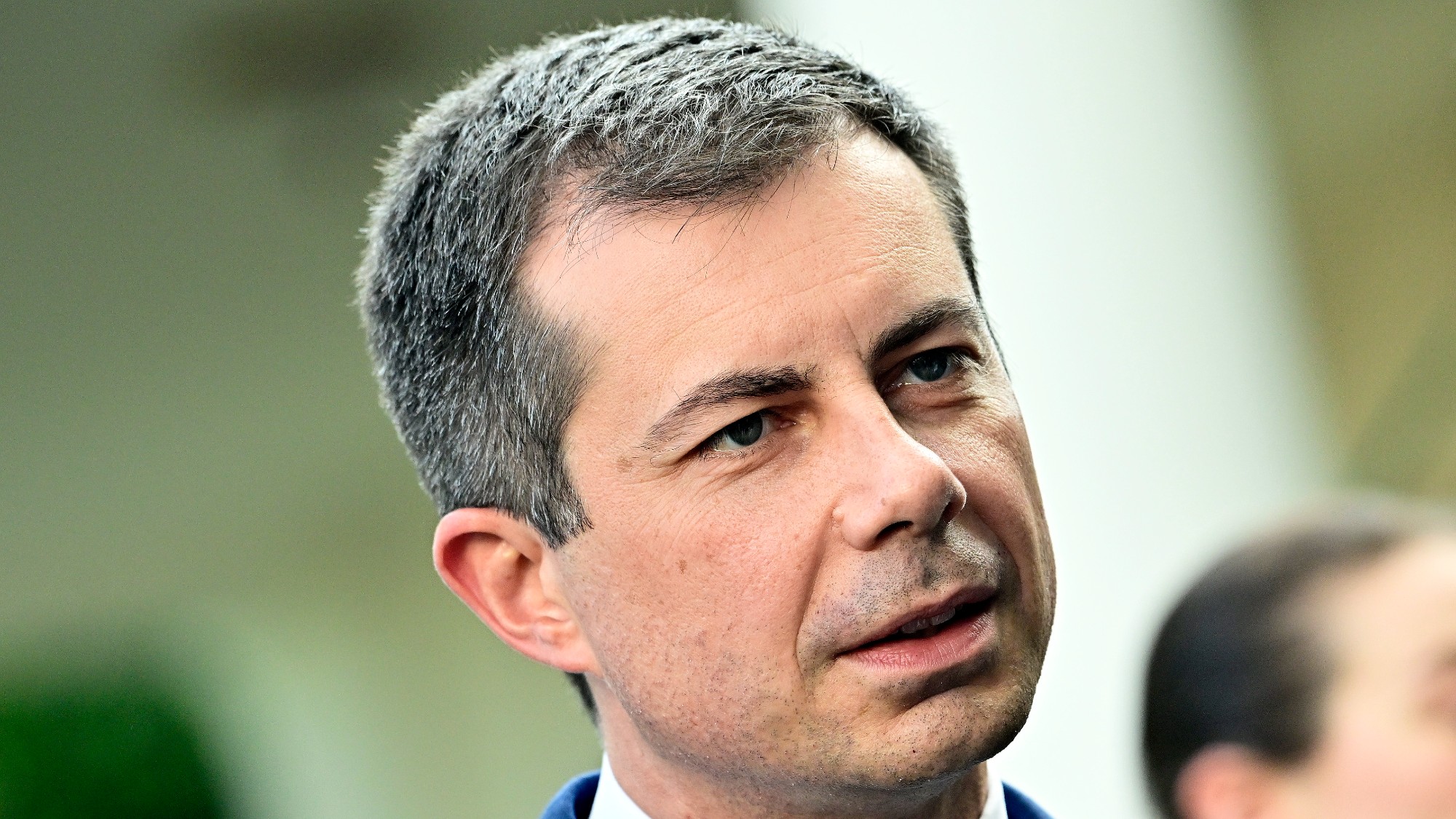 13 potential 2028 presidential candidates for both major parties
13 potential 2028 presidential candidates for both major partiesIn Depth A rare open primary for both parties has a large number of people considering a run for president